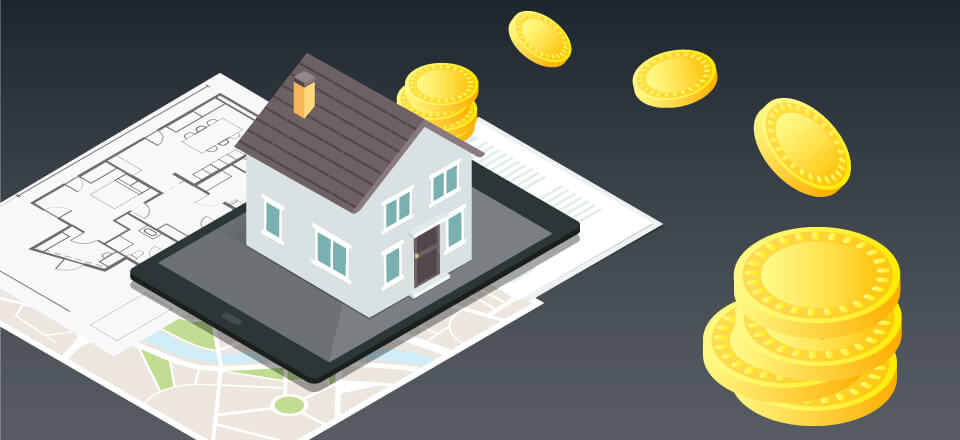
A new investment model using asset-backed tokens and based on blockchain technology is set to open up the world of real estate investment.
Real estate investing has traditionally been the domain of high net worth investors, and while real estate investment trusts (REITS) and other property investment vehicles have gone some way to widening the investor base, the majority of real estate investment opportunities have been inaccessible to the average investor.
However, with the pace of technological change accelerating and demand for real estate at an all-time high, the stage is set for a massive industry transformation. By tokenizing assets and putting them on the blockchain, the broader investing public will have access to a variety of real estate investment products as well as the potential to reap higher returns.
Tokenizing real estate
Security tokenization or asset-backed tokens are backed by tradable, tangible assets. In other words, tokenized securities allow you to acquire rights over an asset. However, they are represented digitally rather than on paper.
By converting an asset into a token on the blockchain, it is possible to fractionalize the ownership of real estate. Essentially it is the creation of a new asset class where it is possible to buy shares in retail homes as opposed to having outright ownership of a property. It offers the investor direct exposure to a town, a street, ultimately a home.
This has never been possible before but now the ordinary investor has the opportunity and the choice of investing in commercial and residential real estate as well as new build projects. Ultimately freeing up a market that has been closed to all but the wealth and institutional money.
Broadening the investor base
The concept of fractional ownership on the blockchain means that the property market can benefit a broad range of investors because these shared equity assets provide entry to the housing market on a diversified and segmented basis.
For instance, investors might want exposure to real estate equity and wish to build, model, manage and trade a personalized portfolio of fractionalized real estate assets held on a blockchain, each one with a low minimum investment barrier.
Some might be attracted to the idea of a crypto ‘safe haven’ that allows them to trade in and out of other cryptos via an asset-backed stablecoin. Transparency with limited volatility and the potential to appreciate. Or perhaps even to speculators that merely want a token that may appreciate with less volatility than other altcoins.
Stable, transparent and regulated
Asset-backed real estate tokens, therefore, offer the potential stability of a transaction backed by real estate assets (for example the US Single Family Residential market). In effect, one gains the advantages of the cryptocurrency while still maintaining the characteristics of the asset.
Using stablecoin cryptocurrencies means that the volatility is pegged to the asset rather than the cryptocurrency. Backed by real estate equity, it can be measured and valued using trusted third-party valuation methodologies. Plus, any leveraged structure of the shared equity transaction can amplify returns for the token holder.¹
While the growing trend of tokenization via Initial Coin Offerings enables investors to buy into future consumption, in many cases they are yet to be proven. Hence it is essential to distinguish between those that are backed by real assets and those that are not.
Real estate tokenized securities have a greater appeal to the general investing public: they are a familiar structure and provide the investor with rights over an asset. In the eyes of the regulators, they are a security and therefore governed by the relevant existing regulations, just as if you were listing a share. For example, in the US, if a token is a security, it can be offered to US investors but only if the offering is registered with the SEC.
What is more, because blockchain technology is fully transparent and trusted, real estate tokens on platforms are traceable and there is greater visibility on pricing. And by eliminating the need to draw up paperwork for every transfer, tokenization has the potential to deliver significant savings and operational efficiencies.
Tokenization enhances liquidity
Fractional ownership will release the real estate sector from what has otherwise been an illiquid market. Homeowners wishing to free up the wealth tied up in their home or property developers looking to hedge their risks, investors have the potential to create a fully diversified basket of property investments.

